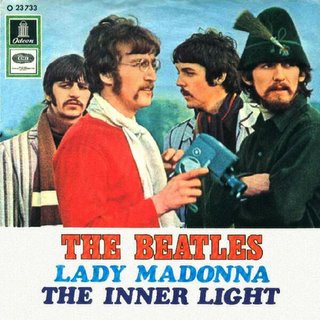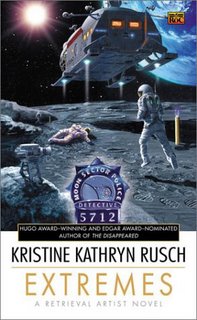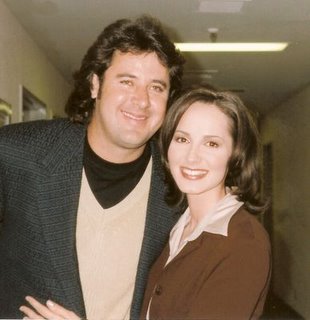
I recently bought
Judas Unchained by British SF writer Peter F. Hamilton. You understand, this is not because I particularly like Hamilton's work, but because I'd already read
Pandora's Star, and needed to know the outcome.
Unfortunately, I had poor recollection of
Pandora's Star, so I'm having to re-read that before I crack on with
Judas Unchained.Hamilton, I'm afraid, is exactly the sort of writer who gives Science Fiction a bad name. His books are almost universally HUGE.
Pandora's Star has about 9 million pages, and is actually painful to hold for any length of time. I'm suffering from several different repetitive strain injuries.
The biggest problem with these HUGE books is the problem of a meandering plot and seventy gazillion different characters (it's the sort of book that lists the characters at the front - as if that helps - except it doesn't bother to list all of them). Ultimately, this comes across as a bunch of different novellas (or short novels), set in the same future history, chopped up and loosely linked together.
One plot concerns the discovery of a force field which seems to have enveloped a star system; another concerns the activities of a terrorist/resistance group; another concerns a 40-year old unsolved murder; another the search for an elusive group of aliens; and so on. There is a great deal of background information about the society in which all these characters live (600 planets in a Commonwealth linked together by wormhole technology; people more or less immortal, thanks to physical regeneration, memory stores, and emergency re-lifing using clones).
The problem is the narrative technique. We get a few pages of each plot thread, in turn. Sometimes characters pass each other in corridors, but this is not the same as having proper interaction. Within each thread, the cast of characters is relatively small, and some characters do cross over, but not much, and not often. It's all very standard as far as page-turning fiction goes, but the problem is that given the SIZE of the book, it becomes a chore to read it, rather than a pleasure.
In the end, I don't think this would be adversely affected by publishing it as a sequence of novellas, set in the same future history, with some crossover characters, and each new story shedding light on the ones before, until it reaches some kind of -
oh, there's a sequel - climax.
So that's the technique. The other major problem is that Hamilton isn't really very good. You want to support him, you do, because he's English, and his books have an English tone of voice, and it's nice to read of a future that takes accounts of cultures and nations other than the United States. But he has a tin ear for dialogue, and all the sprawling, dull, details are just not worth it. Some of the characters are entirely superfluous.
For example, he has the inventors of wormhole technology as a Jobs-Wozniak type pair. The Woz character is some kind of reclusive loner hippy, whereas the Jobs character is ruthlessly ambitious and corporate. Except he doesn't really do much, so we don't really need him in the book. The Woz/Ozzie character is more interesting, but
please: does he have to talk like one of the characters from
Dude, Where's My Car? It's bewildering to me that bad writers like this get such success. You see his books in shops, in libraries, and clearly his publishers don't attempt to edit them down to a reasonable length. And yet someone like
Karen Traviss, also British, who writes excellent stories with believable characters, with more interesting ideas in about a third as many pages, can't get her work published in the UK - although she can in the huge talent pool of the USA, and even France.
British publishing industry? Fucking
shite.

 Prof. Robert Winston
Prof. Robert Winston Earl Hickey
Earl Hickey










